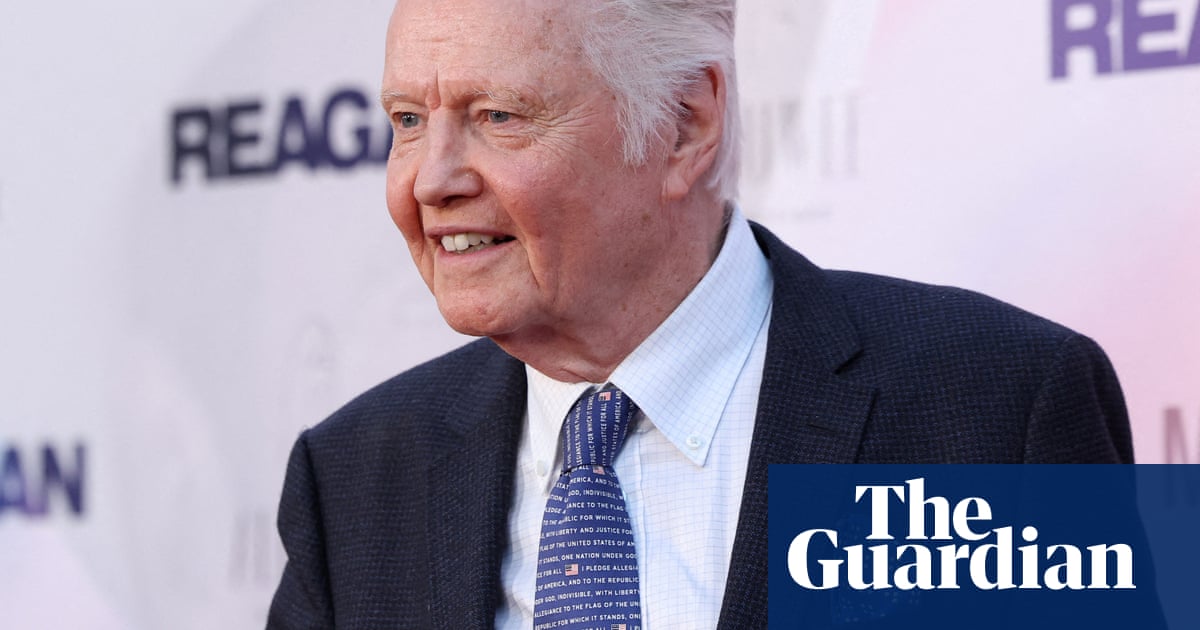Brazilian officials are raising concerns about a push to increase defense spending, especially as the nation prepares to host a vital climate negotiation later this year. Climate Minister Marina Silva recently highlighted the need to focus on climate funding rather than military budgets.
Last year’s COP climate conference ended without raising enough financial support for countries facing rising sea levels, severe floods, and droughts. These issues are increasingly forcing populations to migrate. Amid these challenges, NATO countries agreed to a U.S. proposal to elevate defense spending to 5% of their GDP, driven by worries over threats like Russian aggression and global terrorism.
Silva, speaking in London, noted that many countries seem distracted. “We have been discussing figures like $100 billion or even $1.3 trillion for climate funding,” she said. “Yet, there is a sudden push to raise defense spending. This money should combat hunger and support climate action instead.”
In February, the UK even shifted funds from its foreign aid budget to increase defense spending. This has sparked fears that the country may struggle to meet its promise of £11.6 billion in climate aid.
Brazilian President Luiz Inácio Lula da Silva shared similar thoughts with G7 leaders. He noted that military expenditures total around $2.7 trillion annually, highlighting that these funds could instead address global hunger and climate issues. In the context of the Ukraine conflict, he emphasized that lasting peace can only emerge from dialogue, not increased military spending.
Monitoring reactions online, social media conversations indicate that many are frustrated by the government’s focus on military spending rather than critical climate issues. A recent survey revealed that 68% of participants believe that financial resources are better utilized in addressing climate change than in military escalation.
These fears regarding global instability complicate climate talks, as governments grapple with increasing energy demands from technologies like artificial intelligence and improved air conditioning. This uptick in demand is hindering efforts to reduce greenhouse gas emissions, although it seems the rise may be slowing.
Despite these difficulties, Minister Silva expressed optimism about the upcoming negotiations, stating that there has been a marked increase in support and commitment from various nations. She is determined to make this year’s COP30 different, emphasizing the need for tangible results and the implementation of pledges already made.
As the world grapples with rising temperatures and geopolitical tensions, Silva’s comments remind us of the urgent need to direct our resources toward solving our most pressing challenges: hunger and climate change.
Source link




















